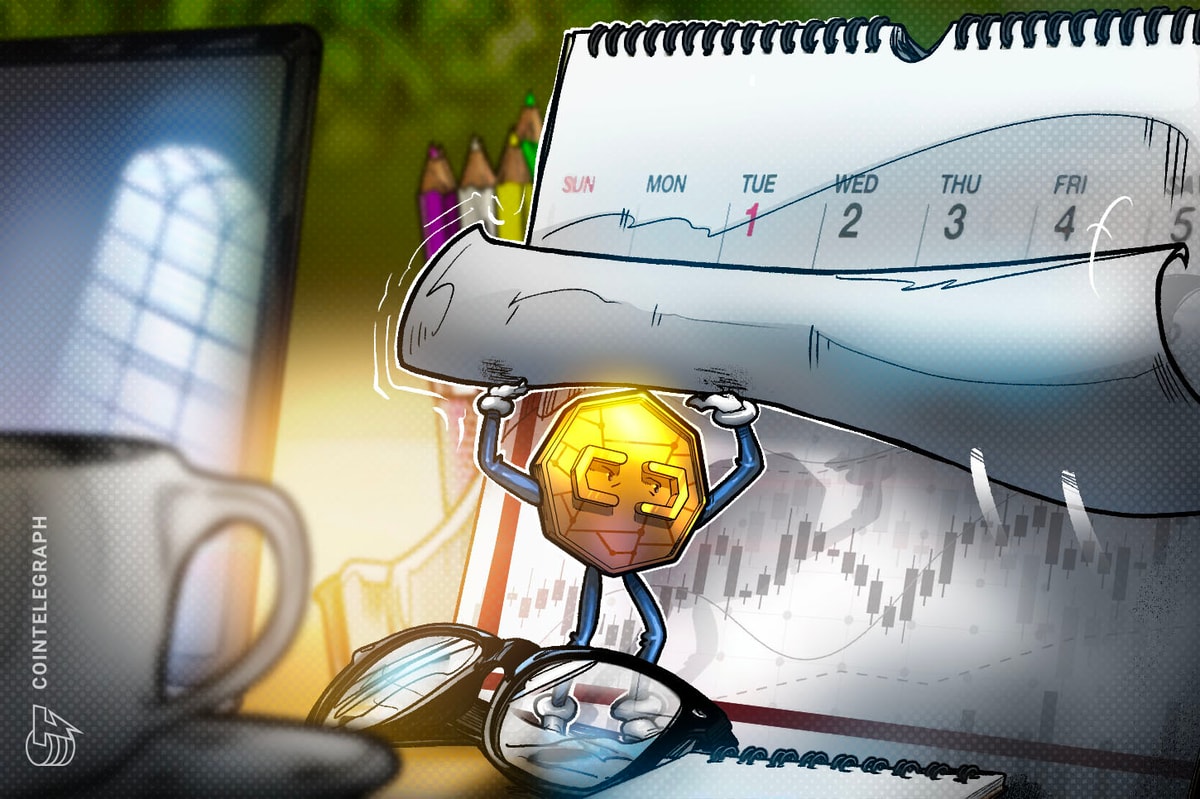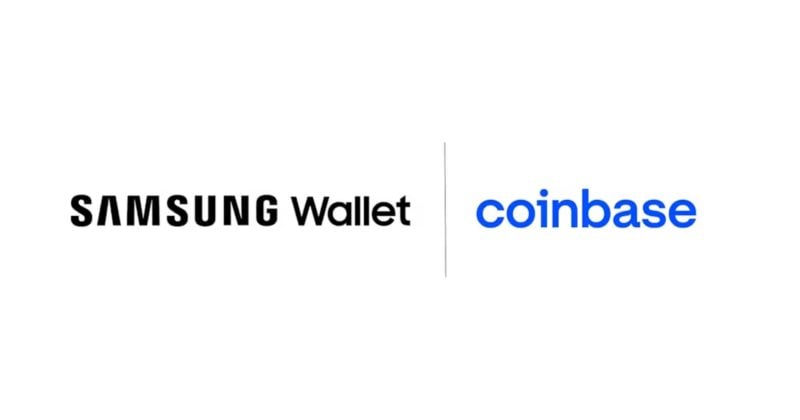 European Central Bank advances digital euro, selects service providers Assad Jafri · 38 seconds ago · 2 min read
European Central Bank advances digital euro, selects service providers Assad Jafri · 38 seconds ago · 2 min read
ECB chooses Feedzai, Capgemini, and others to spearhead digital euro core services, aligning with future EU payment strategies.

Cover art/illustration via CryptoSlate. Image includes combined content which may include AI-generated content.
The European Central Bank has selected several firms to provide core services for a potential digital euro, advancing preparations for a central bank digital currency that could one day complement cash in the eurozone, according to a release dated October 2.
The move comes amid calls to accelerate the development of a euro central bank digital currency, ensuring the EU can remain competitive in the rapidly evolving payments sector with the advent of stablecoins.
Both regulators and lawmakers have argued that a digital euro would help counter the influence of dollar-denominated stablecoins.
Earlier on March 20, ECB President Christine Lagarde told lawmakers in Brussels that Europe must accelerate progress on retail and wholesale versions of the digital euro to strengthen financial sovereignty and reduce external vulnerabilities.
Selected providers
The ECB said it has signed framework agreements covering fraud detection, application development, offline payments, and secure data exchange. Each service area will have a primary provider and an alternate to ensure continuity.
Feedzai and Capgemini Deutschland were selected to oversee fraud and risk management. Almaviva and Fabrick will work on app and software design, while Giesecke+Devrient will focus on offline payment functionality.
EquensWorldline and Senacor FCS will manage secure information exchange. Sapient GmbH and Tremend Software Consulting were chosen across multiple categories.
The ECB noted it plans to announce an additional provider for offline services later.
Next steps
The central bank emphasized that the contracts do not involve any payments at this stage and can be revised in accordance with EU legislation.
A decision on issuing a digital euro will only be made after the Digital Euro Regulation, which remains under negotiation, is formally adopted.
If launched, the digital euro would coexist with physical money and aim to enhance payment efficiency while reducing reliance on private stablecoins.
However, officials have also signaled that a rollout, if approved, may not occur until the latter part of the decade.



















 English (US) ·
English (US) ·